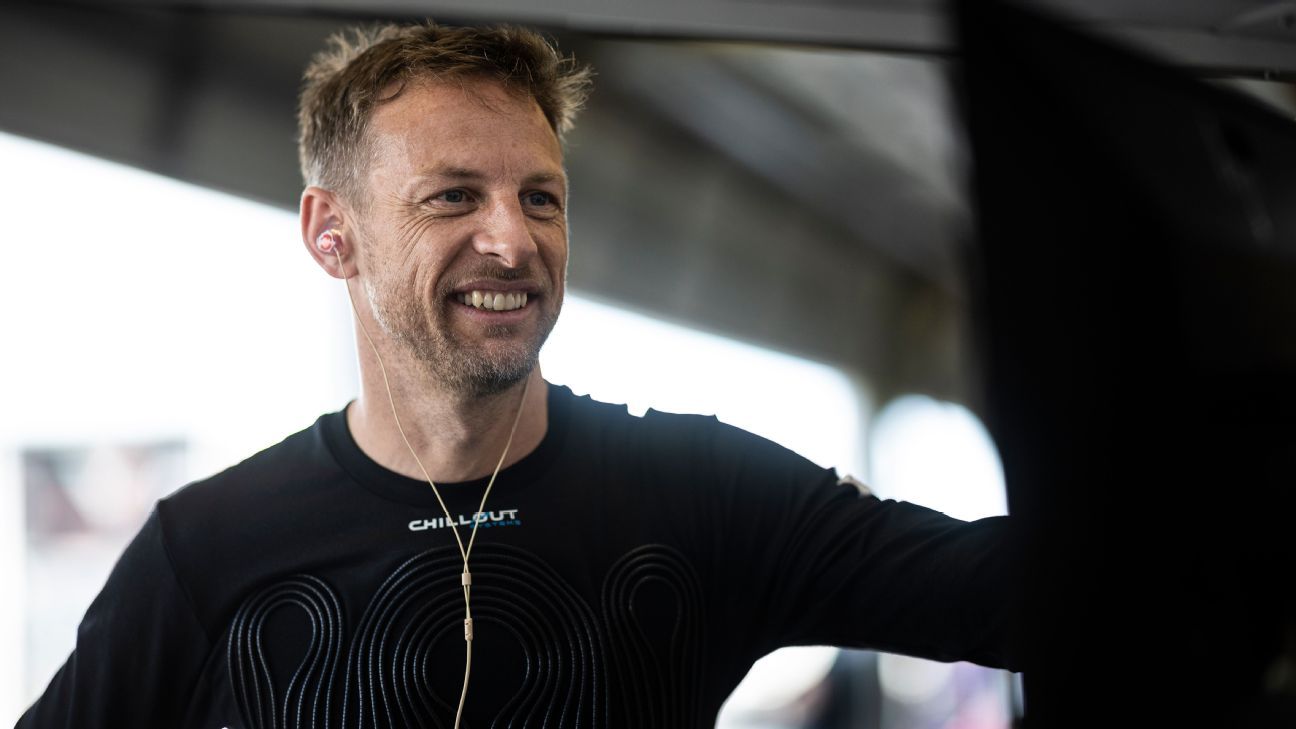Actor and director Samantha Morton has said councils who fail to prevent the deaths of children in care should face manslaughter charges.
Warning: This story contains references to suicide.
In a powerful interview with Sky News, the Oscar-nominated, BAFTA-winning actor and director, who grew up in care, said Britain’s care system needs to be “completely rethought”.
It comes after a Sky News documentary, A Girl Called Nonita, told the story of 18-year-old Nonita Grabovskyte, who died in the care of the state following a catalogue of failures by those responsible for her care.
Nonita took her own life on railway tracks in December 2023, just two weeks after her birthday. She had previously told doctors and social workers that she intended to kill herself as soon as she turned 18. But nothing was done to prevent her death.
Please use Chrome browser for a more accessible video player

44:43
Unseen: A girl called Nonita
“I was a child of the state, just like Nonita,” Morton told Sky News.
“I was put in care at birth until I got the letter to say I was no longer the council’s responsibility. I was kicked out at 16 and put into a homeless hostel.”
After spells of homelessness, she found a local TV actors’ workshop and managed to secure roles that would eventually lead to Hollywood.
But she says she has never forgotten her childhood, which saw her in and out of children’s homes and foster families.
“The lack of care historically is shocking,” she said. “But the lack of care today is worse. Back then, it felt like there was at least some comeuppance.
“The system now is not fit for purpose. It needs root and branch reform. It needs to be completely rethought.”
The young people who grew up in care who have died in England since 2020
2020: 40
2021: 30
2022: 60
2023: 90
2024: 80
Source: Department for Education
The data shows a sharp rise in deaths among care leavers – young adults who have aged out of the care system and are expected to live independently, often with little or no support.
The Department for Education only began collecting data for care leavers aged 22 to 25 in 2023, meaning the true scale of deaths over the past decade is likely to be far higher.
Morton says councils should be held more accountable for the deaths of children in their care, especially if local authority failings contributed to deaths.
‘State manslaughter’
“A failure to care has massive consequences,” she told Sky News. “And the consequences are that people like Nonita die. I believe that that is a kind of state manslaughter.
“And individuals who fail to do their job properly should be in a dock.”
Education Secretary Bridget Phillipson has told Sky News that deaths of care-experienced young people should “shame us all”.
All deaths of children in the care of the state must be reported to the government via the Child Safeguarding Incident Notification Scheme.
But there are doubts as to whether all deaths are being reported.
Please use Chrome browser for a more accessible video player

5:28
Phillipson: ‘Nonita was failed on so many levels’
‘Shames us as a country’
Ms Phillipson told Sky News she has asked officials to urgently review the process to check for underreporting.
“I’m concerned about serious incident notifications – about making sure we’re receiving all notifications of such incidents taking place,” she said.
“Because it’s only if we know what’s happening, if we fully understand what’s going on in the lives of children, that we as a government, as a country, can provide the support they need.”
Read more from Sky News:
PM vows to fight plots to oust him
Thousands of NHS staff to lose jobs
Ms Phillipson added: “It shames us all as a country that we so badly fail many of the most vulnerable children who’ve experienced such appalling trauma and abuse in their early lives.
“I read every single notification personally – and it always stays with you. Every case is a child or young person who deserved better.”
If you have been affected by any of the issues raised in this story, help, and support is available. You can call Samaritans free on 116 123 anytime day or night. You can also email jo@samaritans.org or visit www.samaritans.org to find support online.
















